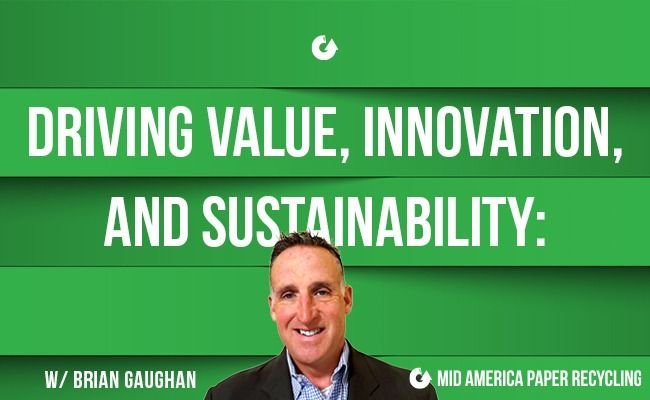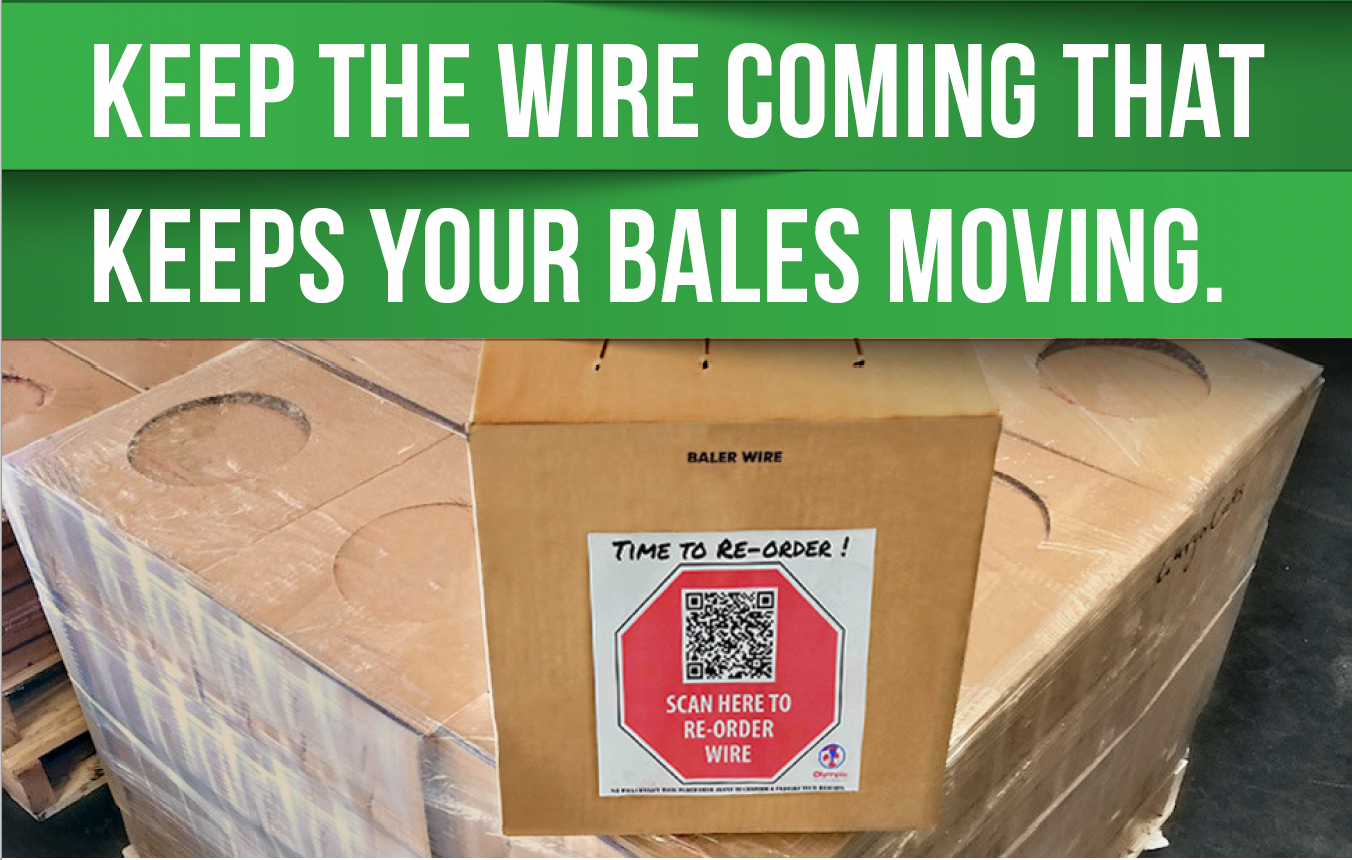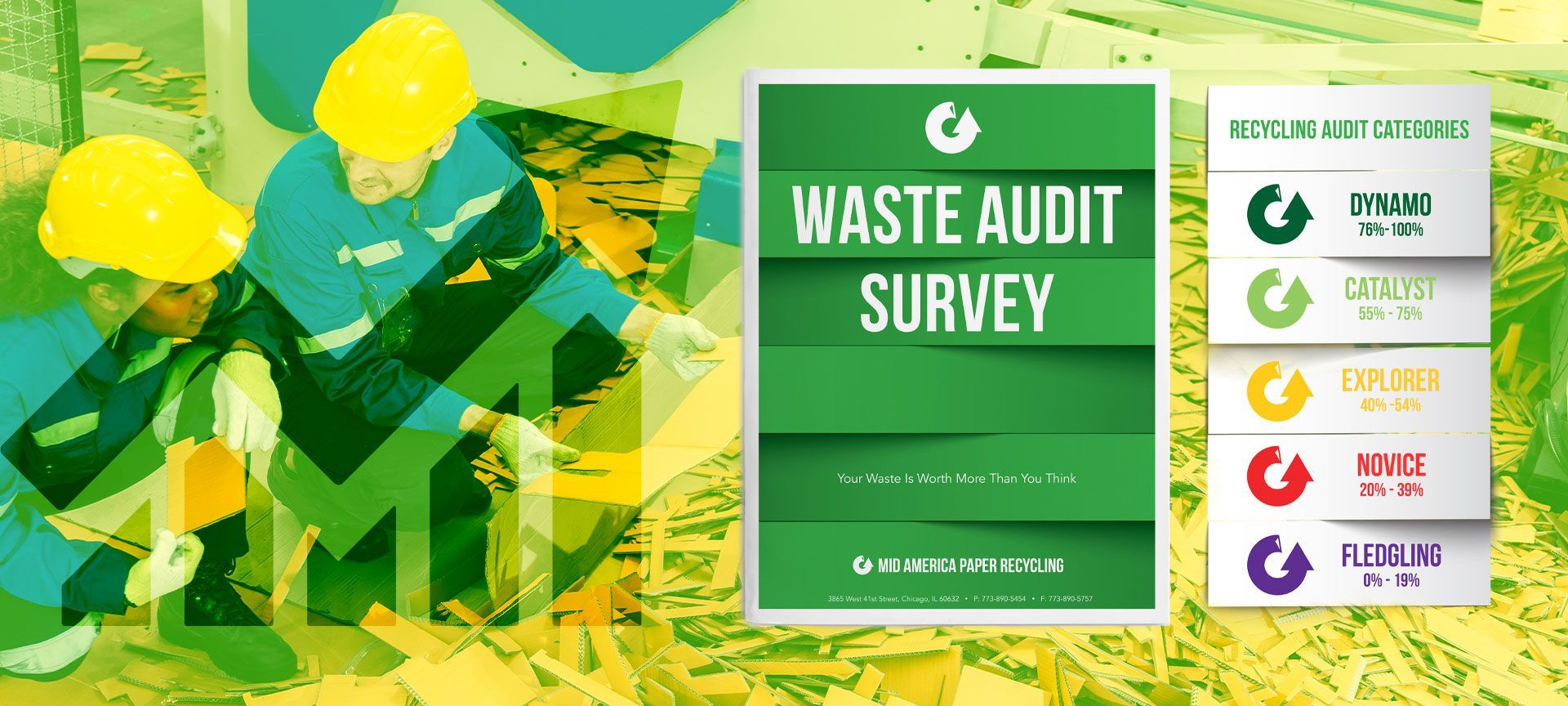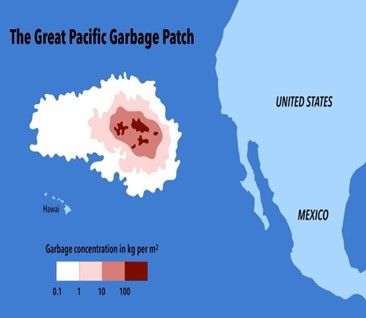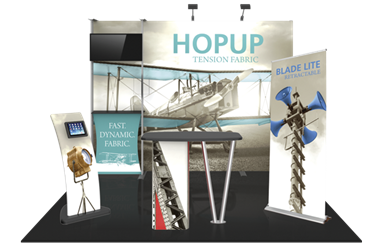Blog Layout
MAPR’s Paul Pirkle conference call with CELAB
Mid America Speaks with Label Liner Recycling Consortium
CELAB (Circular Economy for Labels) was founded by companies in the self-adhesive label industry to create greater circularity for release liner and matrix products.
CELAB, Circular Economy for the Label Industry, is an ad-hoc industry coalition founded by companies in the self-adhesive label industry. CELAB strives to create greater circularity for pressure-sensitive label products by enhancing and promoting matrix and release liner recycling around the world. Empowered to reach across the entire supply chain and leverage the expertise of industry participants, more than 30 companies from around the world so far participate in the new consortium.
Focused on efforts to recycle silicone-coated label release liner and matrix, CELAB wants to foster regional initiatives as well as work with ISRI to certify these materials as recyclable products, much like Old Corrugated Containers and Double Linked Kraft paper.
CELAB often has teleconferences with industry members and packaging and labeling guests that seek and encourage best practices to build a more sustainable self-adhesive labeling industry. Recently, Mid America President Paul Pirkle spoke with some of CELAB’s members, which include companies up and down the value chain of the matrix and liner industry. Paul and members of CELAB’s North American branch discussed a variety of work streams and recycling capabilities that exist in different markets that might be able to accept silicone-coated pressure-sensitive label liner and matrix as well as the technical issues involved. They also explored the branch’s collaborative efforts interacting with the Institute of Scrap Recycling Industries (ISRI) to establish a silicone-coated grade and set guidelines for the material.
“There are challenges based on perception,” Paul mentions. “It is technically possible to recycle silicone release liner and it most likely is being recycled currently within various mix grades [grades, such as mixed paper, Old Corrugated Containers (OCC), and sorted office paper]. However, there are only a few mills that will accept silicone as is. What’s most important is understanding the mill and the pulper [involved], and matching that up with the proper paper grade. Then a mill can experience success with this product. It is for this reason that it would be good to grade the product, so the definition can be explored more thoroughly.”
Concerns about the potential impact of silicone residues on the end products (an example might be the production of textile fibers from recycled film), and the inherently lower price levels for raw materials entering these alternative markets were a few of the other aspects the group covered in the call.
Paul provided an overview of what Mid America does and its process of growing paper waste’s value and its mission and support for paper label processors to find ways to recover and recycle label release liner materials. As Paul answered questions, the group discussed the wide variance in label production processes and recycling capabilities in different markets. “Since some label substrates are more accepted by paper mills than others, mitigating label material waste can be more difficult than it sounds,” Paul noted. “Getting recycling right often requires more extensive packaging material changes than meets the eye, changes that are much more than skin deep. As a recycler, Mid America is researching options, solutions and outlets for effectively recycling this material going forward. It’s good to know there is more interest today in providing a sustainable solution for label release liner and matrix materials.”
And with more release liner recycling gradually taking place through suppliers, producers, waste management firms, chemical recyclers and others, CELAB sees more opportunities to facilitate collaboration with businesses up and down our industry’s value chain.
“We’re not only providing customer service and logistics as well as pick-up of recyclable materials, we inform customers of their many options to sending product to a landfill. There is a lot that can be done to improve internal processes, which in turn, improves their wastestream. We understand both sides of the recycling equation, so education can be a real game changer for our customers. Paper release liners and silicone backing papers are good fiber materials that certain customers want.”
CELAB member Brian Lawrence, Business Development for Circular Economy at Henkel Adhesives, said the consortium’s work is only in its infancy, as many packagers and paper mills are looking for more sustainable engineering adhesive solutions, especially solutions that can be recycled. “Finding those who can recycle release liner and label matrix materials, and matching them to those who can use it -- showing them what opportunities, material formats and options exist, could be a way to start the conversation as we identify potential solutions.”
Launched in 2020, CELAB researches the best practices of matrix and liner recycling, and shares its findings with recyclers such as Mid America, other associations and third parties, to accelerate exploration of new outlets for materials. Both Mid America and CELAB endorse a platform of solutions for pressure-sensitive label liner and matrix recycling that include classifying waste and reducing landfill waste.
CELAB’s member goals for 2022 include recycling 50 percent of all label liner materials, consulting with matrix recycling outlets and engaging with consulting firms to match industries with matrix waste. It also plans a pilot program in the European Union that, if successful, could roll out to other regions.
CELAB membership is open to all companies in the self-adhesive label supply chain who commit to its objectives and are willing to help support its work. For additional information on CELAB, including a full list of CELAB members companies and activities, visit www.CELABGlobal.org.
Need a recycling partner for your labeling products? For more information, contact Mid America today at info@midamericapaper.com.
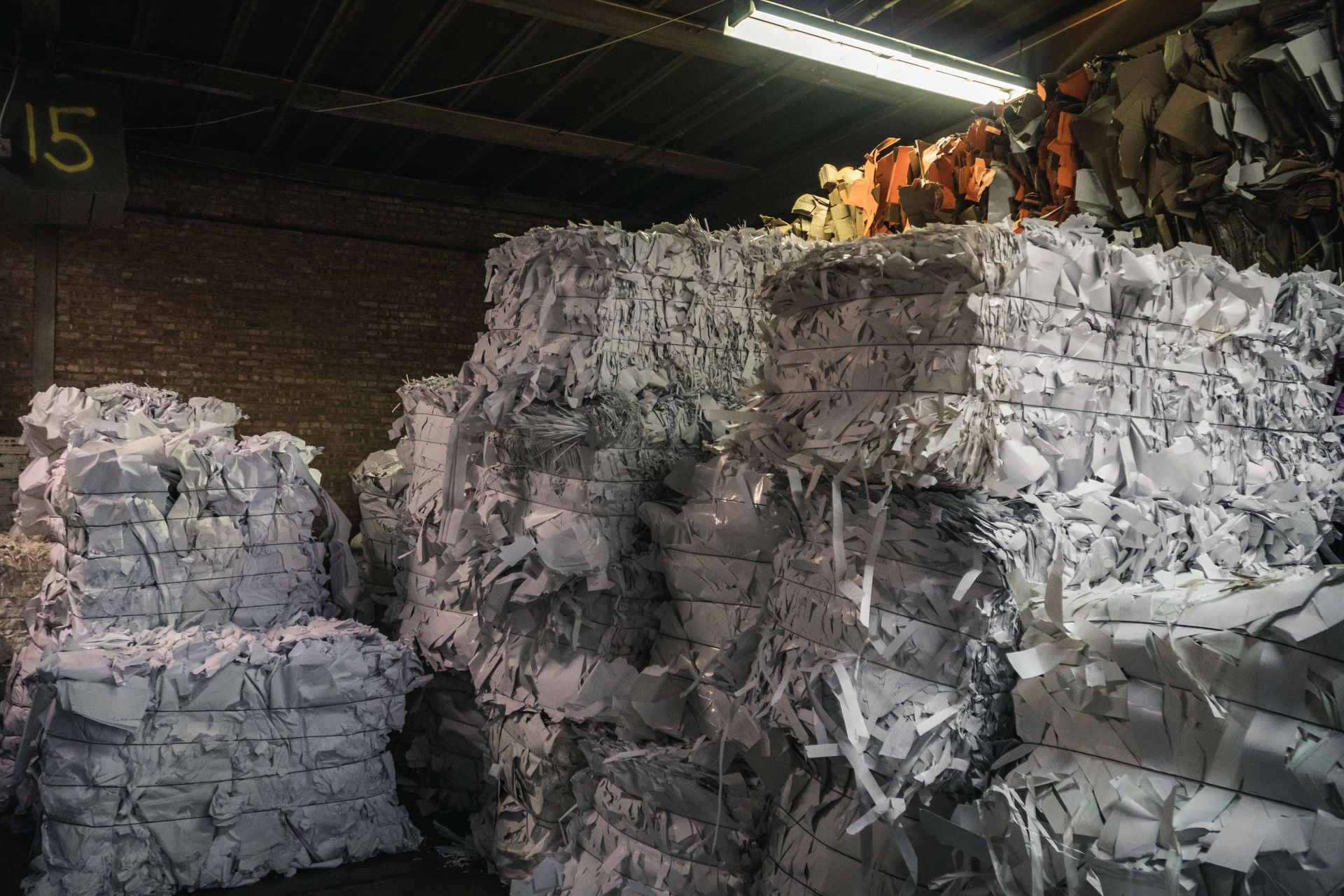
February 2, 2025
For printing and packaging firms, floor space is a critical resource directly tied to productivity, safety, and profitability. Operating under typically tight profit margins, these companies cannot afford inefficiencies that hinder operations or add unnecessary costs. Yet, in many facilities, valuable floor space is wasted on scrap and trim waste from the paperboard manufacturing and converting process. Gaylords of loose material waiting to be processed and bales awaiting pickup can create bottlenecks, disrupt workflows, and eat into already slim margins. At Mid America Paper Recycling, we provide timely solutions to help manufacturers reclaim their floor space and protect their bottom line. Here’s how: The Hidden Costs of Wasted Floor Space Inefficient use of floor space doesn’t just limit operational effectiveness—it carries significant financial and operational consequences. Here’s what’s at stake: High Real Estate Costs : Manufacturing and warehouse space is expensive. According to Prologis, the annual cost for warehouse space averages $13.20 per square foot , including base rent and operating expenses. A facility dedicating 1,000 square feet to waste storage could incur $13,200 annually in avoidable costs. Safety Risks and Workplace Injuries : Cluttered floors with bins of loose material and stacked bales create hazards that increase the risk of workplace injuries. The National Safety Council reports that the average cost of a medically consulted workplace injury exceeds $40,000 , factoring in productivity losses, medical bills, and administrative expenses. Missed Revenue Opportunities : Every square foot dedicated to waste is a square foot unavailable for revenue-generating activities. For example, a production machine occupying 1,000 square feet could generate $100,000 to $500,000 annually in additional revenue. Increased Labor Costs : Managing waste on the plant floor is time-consuming. Employees spend hours moving, organizing, and handling waste instead of focusing on higher-value tasks. At an average wage of $20 per hour , one additional hour spent daily on waste management can cost a company $5,000 annually per employee . How Mid America Paper Recycling Reclaims Space Reclaiming floor space starts with understanding a facility’s unique challenges. Through our waste audit services , we identify inefficiencies in waste management handling practices in your plant facilities and provide customized solutions to optimize space utilization. Trailer Spotting: A Game-Changer for Floor Space One of the most effective strategies we offer printers and board converters is trailer spotting. Instead of storing waste on the plant floor, a dedicated trailer is stationed on-site to accumulate scrap and trim waste, and then rotated back to our recycling facility for materials processing. Maximizes Plant Space : By removing bales and scrap from the floor at key intervals, plants can free up hundreds or even thousands of square feet for production or finished goods storage. Improves Safety : Clear, clutter-free floors reduce the risk of accidents and ensure smoother workflows. Cuts Handling Costs : Employees spend less time managing waste, which translates to significant labor savings. Streamlines Operations : Trailers simplify the waste management process, ensuring efficient material handling and faster pickups. Faster Financial Return on Recyclables : By consolidating and efficiently managing scrap materials in a trailer, recyclables can be transported directly to mills more frequently. This reduces delays, accelerates payments, and ensures more consistent cash flow tied to a recycling program. For example, one large printing client reduced their reliance on floor space for bales by 50% , enabling them to install additional equipment and increase production capacity. Execution in Action At Mid America Paper Recycling, we deliver results through precise execution of recycling programs. Our Chicago-based facility processes 51 different paper grades using advanced baling systems and a fleet of 125 trailers in our logistics network. By leveraging our infrastructure and consulting expertise, we help customers reclaim floor space, reduce costs, and maximize profitability year after year. Partner with Mid America to Reclaim Your Space For any packaging manufacturer, the value of floor space cannot be overstated. Don’t let waste take up space that could be driving your business forward. Let Mid America Paper Recycling help you optimize your operations, starting with a free waste audit to discover how we can help you unlock the hidden value in your facility.
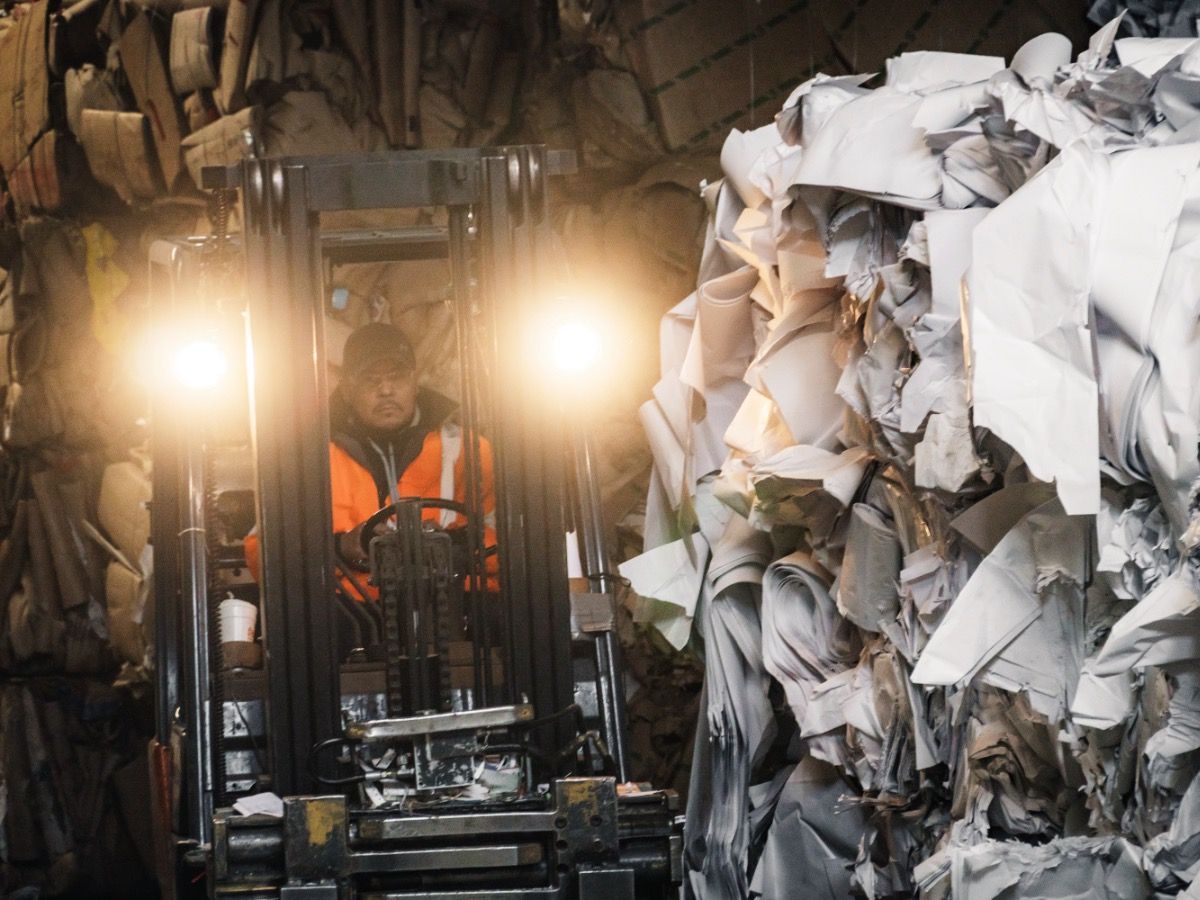
By admin
•
January 14, 2025
As Vince Lombardi once said, "Talent and a good game plan each on their own are not enough to win. Execution is everything." This timeless insight rings especially true in the recycling industry, where results hinge on not only having the right resources but also leveraging them with precision and consistency. At Mid America Paper Recycling, execution is our hallmark, honed over decades of practice and refinement. From Talent to Teamwork At the heart of Mid America Paper Recycling’s success is our experienced and dedicated team. With generations of expertise, we’ve cultivated a culture where execution is second nature. Our employees undergo training, and our game plan for customer support is practiced and optimized continually, ensuring consistent excellence in every service we provide. From plant operations and brokerage, to transportation and customer service, every team member understands that their role is pivotal in delivering the quality and reliability our clients expect. The Game Plan: Precision and Purpose Winning in recycling, much like in sports, requires a well-orchestrated strategy. Here’s how we execute our game plan to help our supplier-partners turn waste into value: Waste Stream Audits Each client engagement begins with a detailed audit of their waste streams, mapping the journey of recyclable materials from generation to exit. For example, at one facility, our audit identified inefficiencies in sorting, allowing us to recommend adjustments that increased recycling rates by 20% and reduced disposal costs significantly. 2. Maximizing Revenue with Mill Direct Shipments By leveraging our strong relationships with mills worldwide, we ensure that materials are shipped directly to the most advantageous destinations. For instance, a paperboard converter client generated $140,000 in new revenues after we helped them implement a dedicated dock for mill-direct shipments. 3. Enhancing Operational Efficiency Our innovative handling solutions reduce labor costs and improve safety. In one case, we introduced custom receptacles for a printing facility, eliminating the need for double handling of scrap materials and reducing workplace injuries by 15%. 4. Uncovering Hidden Value Misclassified materials and overlooked recycling opportunities are common pitfalls in waste management. For example, we worked with a fulfillment center customer to reclassify their "mixed paper" waste stream into higher-value grades, increasing their recycling revenue by 30%. 5. Providing Accountability and Transparency Timely reporting and payments are standard operating procedure at Mid America. One client noted improved decision-making after implementing our detailed quarterly reports, which highlighted cost savings and environmental contributions across all their facilities. Execution at the Processing Plant Our Chicago-based facility exemplifies what great execution looks like in recycling services. Equipped with state-of-the-art baling systems and supported by a fleet of over 125 trailers, our plant processes 51 different paper grades of recyclables. By meticulously sorting, baling, and shipping materials, we ensure that our clients' waste streams are transformed into high-quality commodities for mills across the globe. Why Execution Sets Us Apart Our Chicago-based plant operations set us apart by ensuring unmatched reliability. Unlike brokers who rely solely on external processors, we maintain control over quality and consistency, virtually eliminating the risk of mill rejections or downgrades—a common issue with third-party processors. Our decades of experience also provide the flexibility to adapt swiftly to changing market conditions and evolving client needs. Most importantly, our commitment to execution consistently delivers tangible results, from cost savings to increased revenues, directly impacting our clients’ bottom lines. A Commitment to Winning—For You In recycling, as in football, the difference between a good performance and a championship win lies in flawless execution. Mid America Paper Recycling doesn’t just play the game; we play to win—for our clients, our planet, and our future. As we approach the Super Bowl, let’s remember: talent and a game plan are essential, but execution is what turns potential into victory. If you're ready to take your recycling program to the next level, let us help you execute a winning strategy. Take our free Waste Audit Survey to get started today.
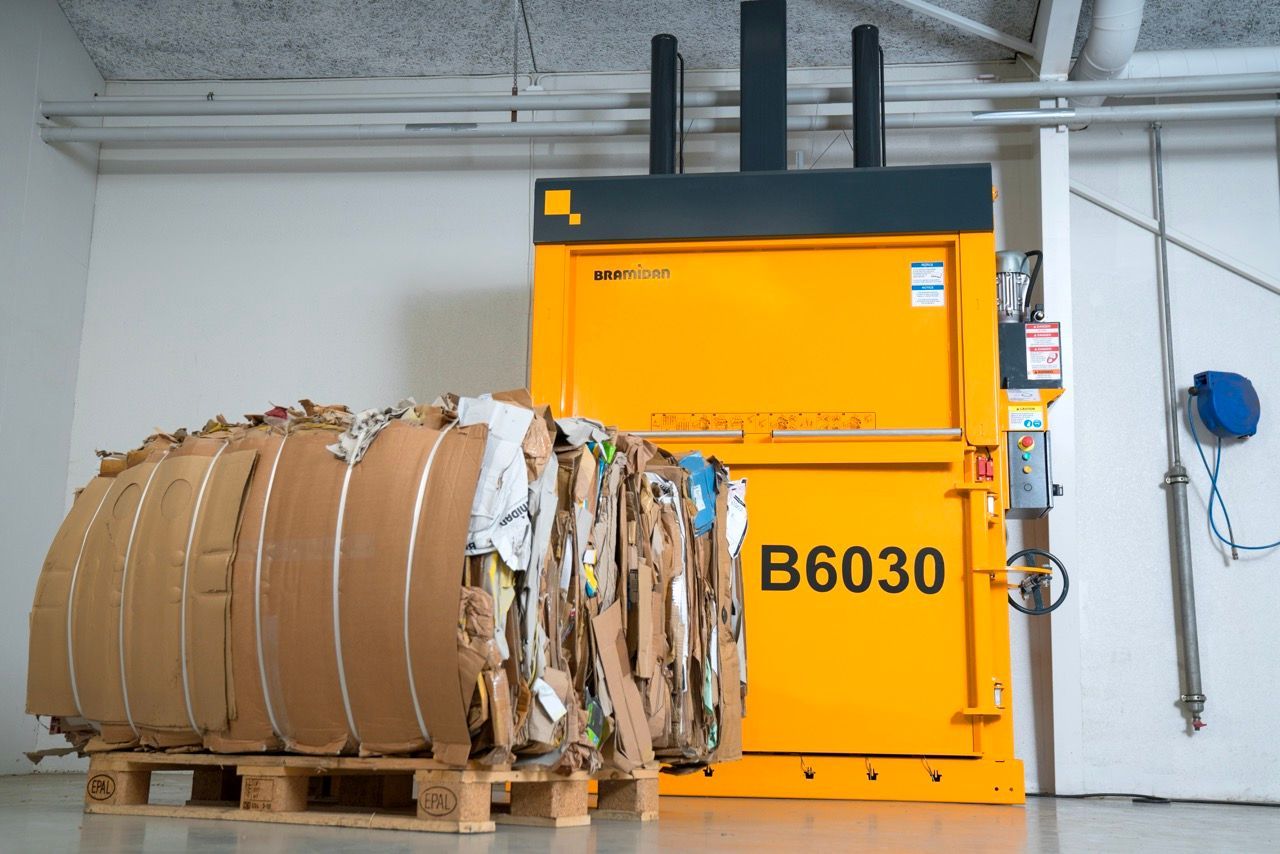
By Dheeraj Kumar Mangalakumar
•
December 14, 2024
The paper and cardboard recycling market has evolved dramatically over the past decade. Once viewed as a straightforward waste collection activity, scrap and paper recycling has become a sophisticated process driven by innovation, partnerships, and the growing demand for sustainable practices. For printing and packaging converters as well as box plant managers, this evolution offers opportunities to increase revenue in your operations while meeting sustainability goals. As a fourth-generation independent broker, processor, and exporter of recovered paper, Mid America Paper Recycling has witnessed these changes firsthand over decades. We’ve adapted and innovated to help our partners thrive in this dynamic market. As we enter 2025, let’s dive into the key trends shaping the future of recycling and how your business can stay ahead. The Evolving Recycling Landscape The days of simply tossing recyclable materials into a gaylord bin and forgetting about them are long gone. The recycling market now prioritizes extracting maximum value from every paper grade in every waste stream in your facility. This shift is driven by: Stringent environmental regulations pushing companies to reduce landfill contributions Consumer demand for sustainable products, prompting brands to adopt eco-friendly packaging Advances in technology, enabling more efficient sorting and processing of recyclable materials These changes have transformed how companies like Mid America Paper Recycling work with our supplier-partners, moving from a reactive service model to more of a proactive, strategic partnership approach.
CONTACT US
Phone: 773-890-5454
Fax Number: 773-890-5757
Email: info@midamericapaper.com
Address: 3865 West 41st St.Chicago, IL 60632
Office hours
- Mon - Thu
- -
- Friday
- -
- Sat - Sun
- Closed
Content, including images, displayed on this website is protected by copyright laws. Downloading, republication, retransmission or reproduction of content on this website is strictly prohibited. Terms of Use
| Privacy Policy

